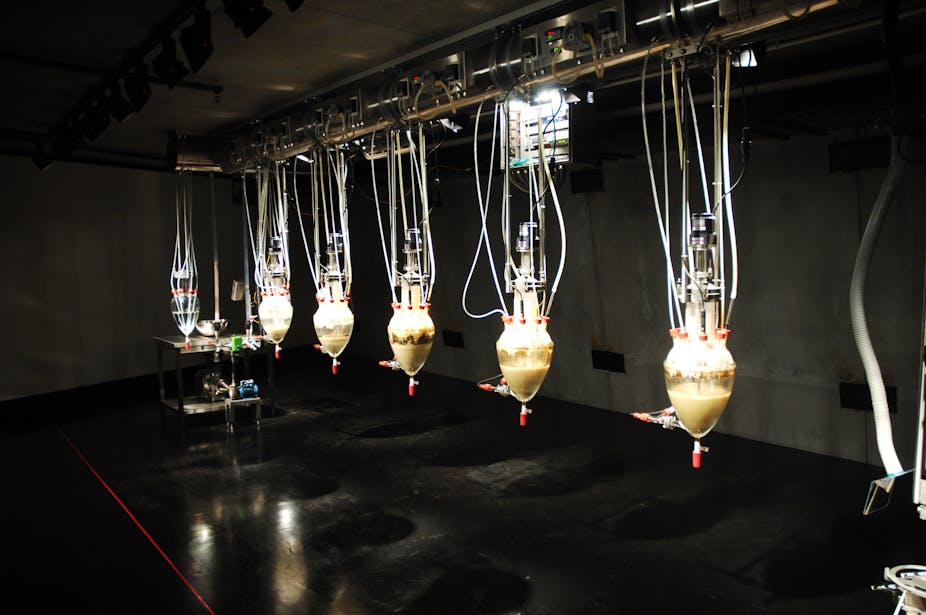It was March last year when I sat down in the chaotic New York office of a leading international tax attorney to conduct an interview for a book I was writing on the campaign against tax havens. But rather than talking about the Obama Administration or the OECD, my interviewee produced a copy of The Economist and pointed to an article on David Walsh’s new museum titled “Something New at the Bottom of the World”. He had heard about MONA and being an arts buff was planning a visit to “The bottom of the world”. This was despite the fact this archetypal New Yorker, by his own admission, seldom left Manhattan!
By almost any measure, MONA is a triumph. It has put Tasmania on the cultural map and has provided a much needed boost to the state’s ailing economy.
Given this success, it is not surprising that MONA owner and professional gambler David Walsh has attracted a good deal of public and political support in his $37 million dispute with the ATO.
In terms of Walsh’s case, it is worth noting that under Australian law, the proceeds of gambling are not generally regarded as being taxable. The situation is less clear cut when gambling activities take on the form of a business, but here too there is a good deal of ambiguity about what constitutes a “business”. It was this uncertainty which seems to have prompted Walsh and his partners to seek a Special Ruling from the ATO in 2004 to establish whether their gambling income was taxable. According to published accounts, the ATO ruled that it was exempt, but now the Tax Office claims that Walsh and his partners failed to fully disclose their business affairs and have subsequently declared the Special Ruling void.
To Walsh’s credit, he has expressed a willingness to pay tax on his future gambling income and has shown no interest in avoiding tax by renouncing his Australian residency and relocating to tax haven like so many dubious celebrities, sports stars and other high-worth individuals. His grievance is that the ATO is now trying to impose tax on income from 2004 to 2006 years after these winnings were used to build MONA.
This is a complex case and raises a number of interesting issues. One element of the public debate - but irrelevant to the ATO’s deliberations - is whether it is fair or appropriate to tax a man who has made such a significant contribution to the Tasmanian and Australian community?
I think we should celebrate the likes of David Walsh and, that as a community, we should do everything possible to encourage philanthropy and investment in projects which deliver both public and private benefits. Private philanthropy is inevitably driven by passion and can deliver spectacular outcomes , such as MONA, which are often beyond the means and imagination of government. Whether we should use tax incentives and other policies to encourage such behaviour is an open question. Certainly Walsh seems to have no interest in running MONA as a charitable foundation or other structure which would attract tax subsidies.
One point which is clear is that the generosity of wealthy philanthropists must supplement rather than replace the core welfare functions of government. The United States is rightly regarded home of private philanthropy (where it also receives the most generous tax treatment), which has funded path breaking scientific research, the world’s best universities, the arts and all manner of social programs and charities. Yet despite the dividends of philanthropy, the wider US welfare system is increasingly ineffective and unsustainable in part because of a collapse in the national tax base. While increased tax revenue in itself would not solve all of America’s social ills, it would provide an important foundation from which to repair American welfare system.
David Walsh has generously invested a good deal of his private wealth enriching Tasmanian and Australian cultural life but, as American jurist Oliver Wendell Holmes argued, it is taxation and the broader welfare system which it funds that underpins civilisation. While it is ultimately up to the ATO and the courts to decide whether Walsh has met his formal tax obligations, we are all the richer because of his magnificent and eccentric obsession that is MONA.

